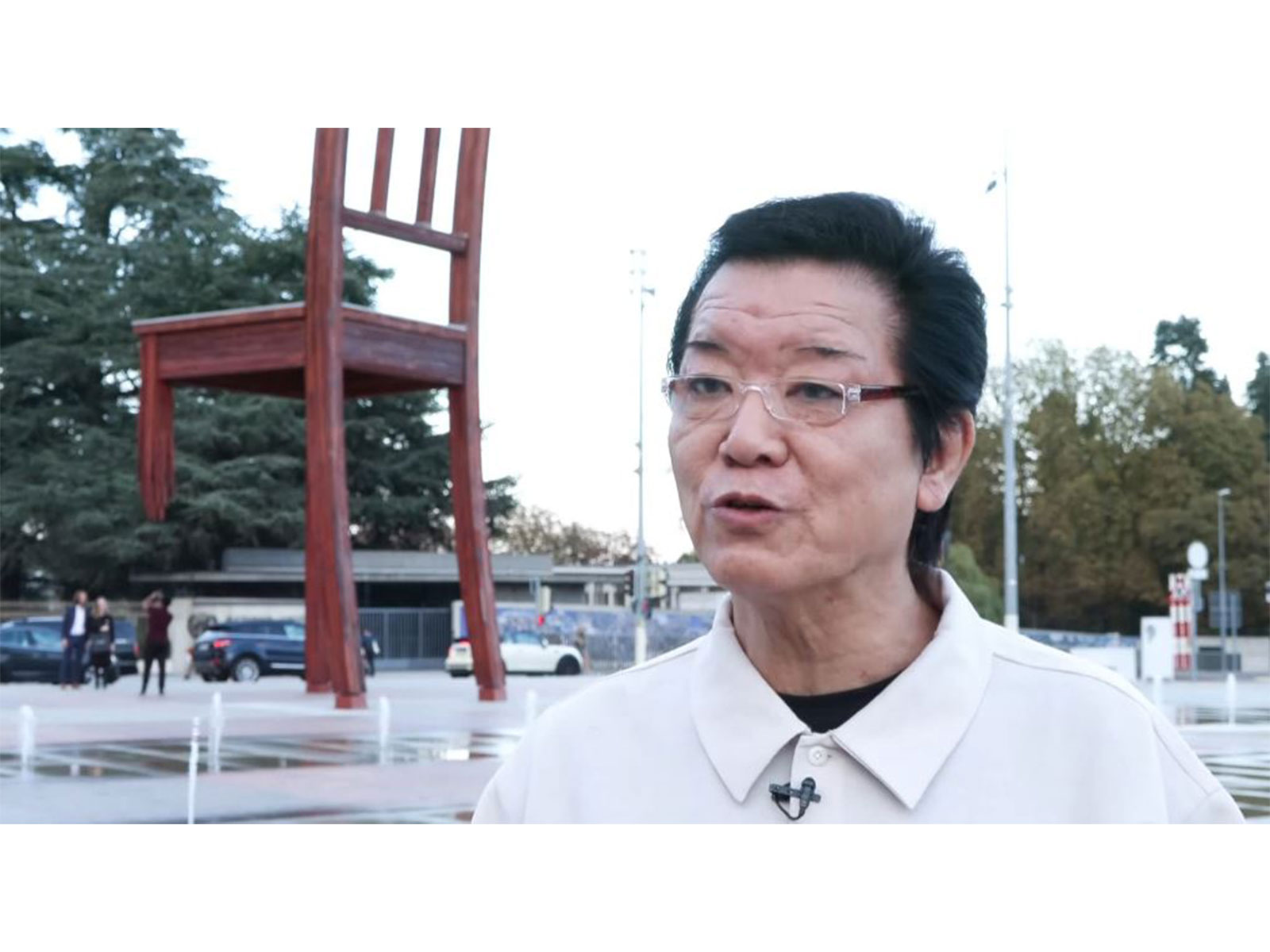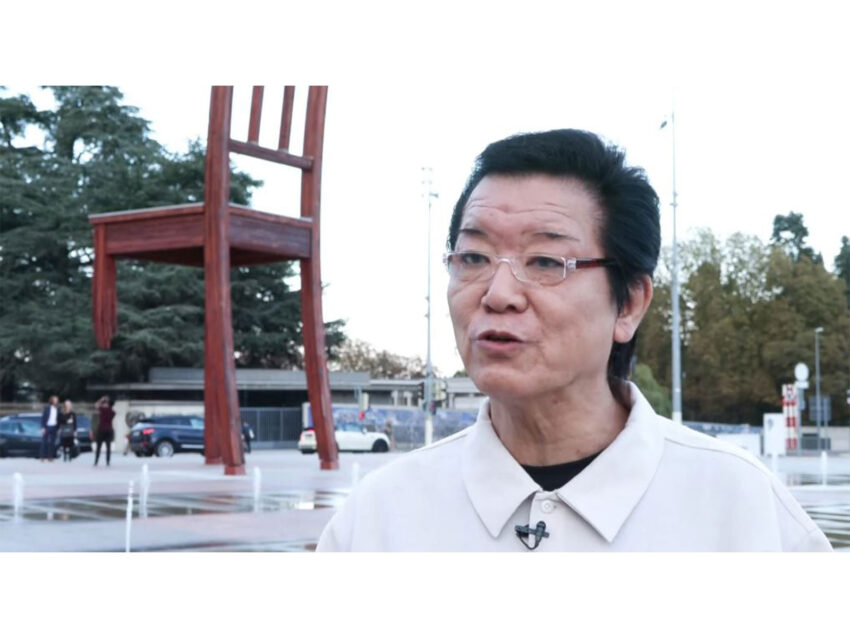
Geneva [Switzerland], October 2 (ANI): On the sidelines of the 60th session of the United Nations Human Rights Council (UNHRC), in an exclusive interview with ANI, Shun Fujiki, Executive Director of the International Career Support Organisation, raised serious concerns regarding China’s domestic policies, human rights record, and territorial ambitions, highlighting issues that have implications both regionally and globally.
Fujiki criticised the Chinese government for its treatment of ethnic minorities such as Tibetans, Uyghurs, and South Mongolians. “I have travelled to China over 50 times for business,” he said. “At that time, I noticed many things that seemed unusual. Later, I learned about the suffering of Uyghurs, Tibetans, and other minorities. It is a brainwashing system trying to destroy cultures, traditions, and languages.”
He emphasised that these human rights violations, including the use of internment camps, are inhumane and demand international attention and pressure.
Fujiki also spoke about China’s territorial ambitions in the East and South China Seas, describing them as aggressive and expansionist. “In the Philippines, Chinese vessels have used water cannons against local fishermen. The Chinese Coast Guard is basically a military vessel, while local boats are much smaller,” he noted.
He further explained that China often sends fleets of fishing boats to occupy contested areas, followed by Coast Guard vessels to intimidate locals and assert territorial claims. According to Fujiki, similar tactics have affected Japan, India, and other neighbouring nations, with China gradually claiming large swathes of the East China Sea and surrounding waters.
Beyond territorial disputes, he criticised China’s influence over countries that receive its financial aid. “When China contributes money, those nations often become like slave states, following orders from Beijing,” he said.
He argued that this undermines national sovereignty and freedom, further exacerbating global concerns about China’s policies. On domestic politics, he pointed out flaws in democratic representation. He noted that while formal voting procedures exist, legislative systems disproportionately amplify the votes of party representatives compared to millions of citizens.
Fujiki concluded by calling for reforms, urging China to respect human rights, preserve cultural diversity, and adopt more responsible international policies. “We need to make China more civilised so that the world will be a better place,” he said, highlighting the global importance of addressing these issues. (ANI)


